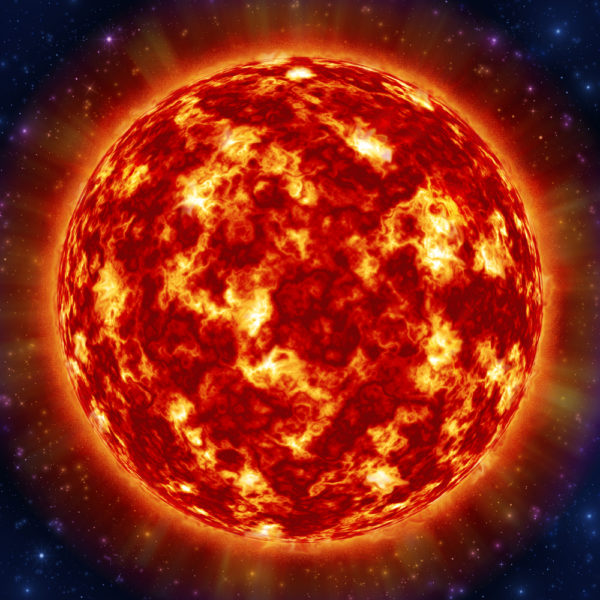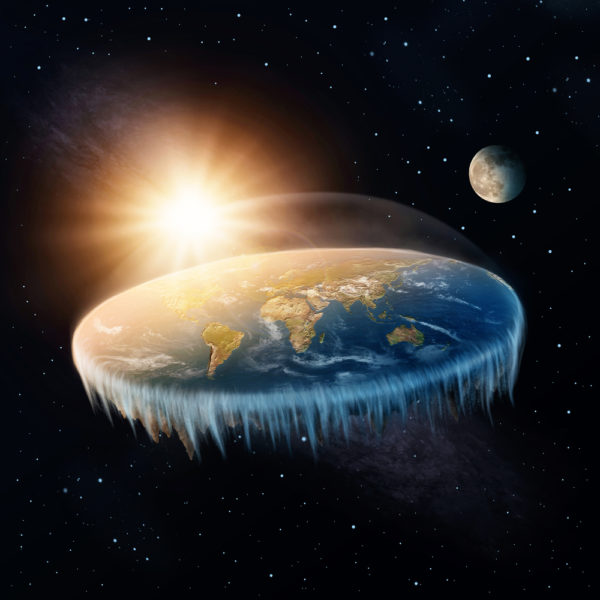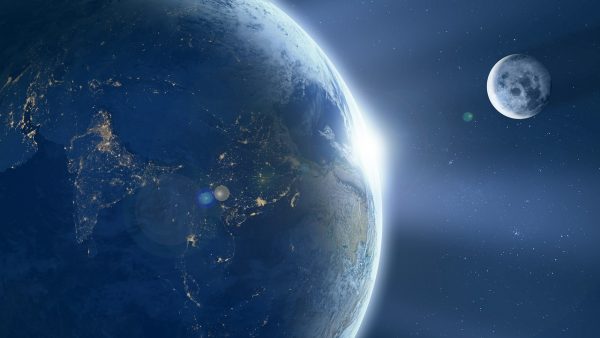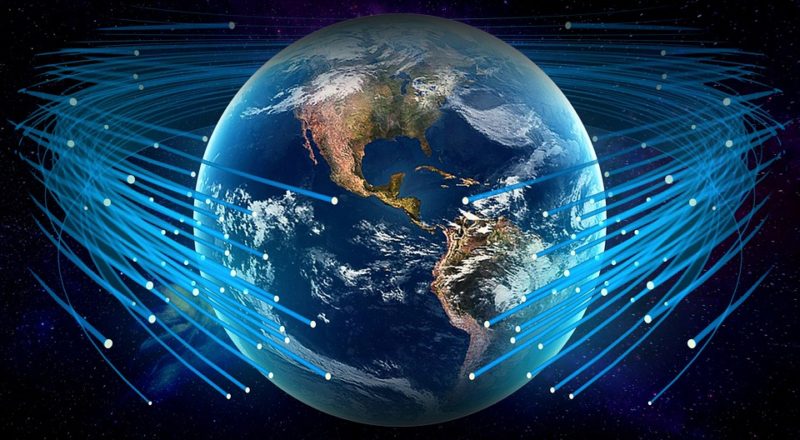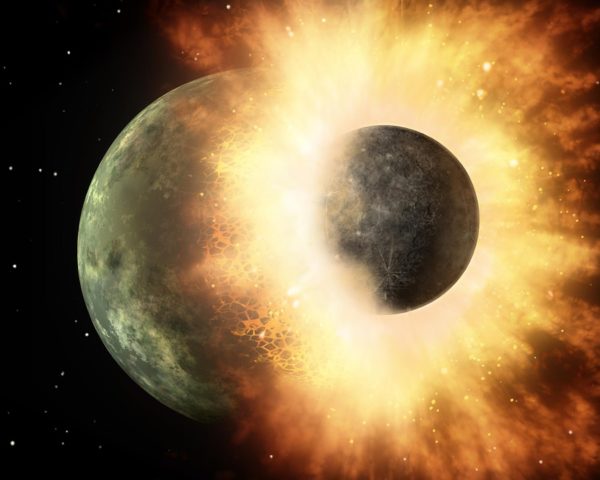WHAT IF: The Sun Exploded… Soon?
Every Wednesday, we’re asking a what-if question – how would our world be different if something were changed? Today’s question is from QSFer Scott: Scientists say we have about five billion years before the sun is likely to explode. But what if we found out it was happening in the next 12-24 months? Share your serious scientific analyses, your off-color jokes, and random thoughts on the topic on our FB and MeWe Groups: FB: http://bit.ly/1MvPABV MeWe: http://bit.ly/2mjg8lf



